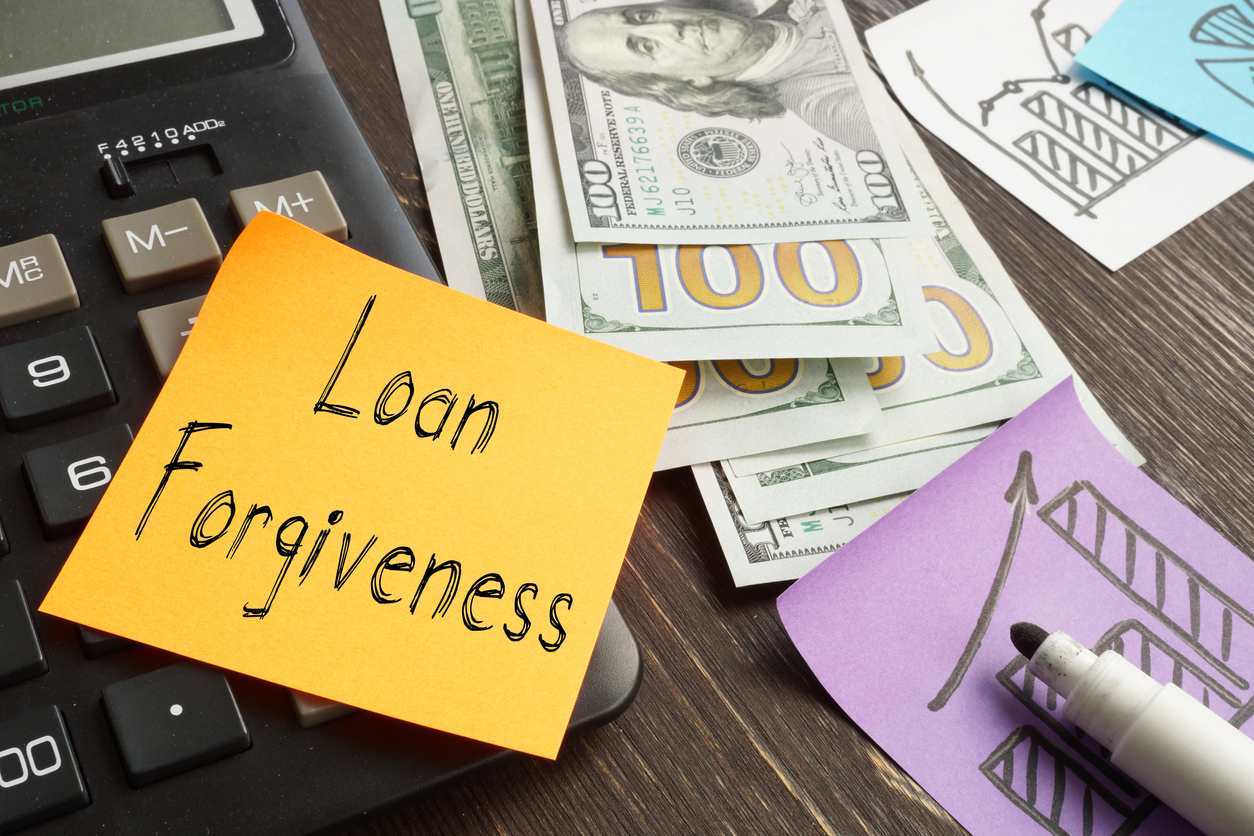
Payday loans, also known as cash advance loans or check advance loans, are a form of short-term borrowing where high-interest credit is extended by a lender based on one’s income. Typically, the loan’s principal is a portion of one’s next paycheck. However, each state has regulations that limit the cost of small loans and require the loans to be repayable over time in reasonably priced installments. According to the Pew Charitable Trusts, payday lenders operate in 32 states. In comparison, 18 states (and Washington, D.C.) have laws that expressly prohibit payday lending or have low price caps.
Virginia: Recently Enacted Payday Loan Reform
Virginia is one of the most recent states to enact new payday loan laws. In the 2020 legislative session, state lawmakers passed legislation HB 789, which addressed payday loans. Expressly, the new law, the Fairness in Lending Act, caps the interest and fees charged under a short-term loan at an annual rate of 36% and increases the maximum amount of said loans from $500 to $2,500. The law further sets the minimum duration for these loans at four months and a maximum of twenty-four months.
An analysis by Pew found that the new VA law saves consumers $132 for a loan of $300 over three months, upwards of a $6,068 savings for a $2,000 loan over eighteen months.
States with pending Payday Loan Reform Legislation
Hawaii
Hawaii lawmakers introduced two bills related to payday loan reforms in 2021, which carried over to the 2022 regular session. HB 304 and SB 205 would reduce the maximum fee a check casher may charge for a payday loan agreement for deferring the deposition of a check from 15% to seven percent of the check’s face value.
New Jersey
Companion bills in New Jersey, S1549 and A2107, would include payday lending violating the consumer fraud act. Expressly, the bills would make it unlawful for someone to engage in the business of making “deferred deposit loans,” or payday loans, which are defined as any transaction where a short-term cash advance is made to a consumer in New Jersey for the consumer’s personal check in the amount of the advance in addition to a fee.
Neither bill has seen a vote in their respective committees of reference as of July 27, 2022.
New York
Lawmakers in the Empire State introduced legislation this year, S5774, to prohibit foreign banking corporations from issuing payday loans. The legislation, which has not advanced through the committee process, defines payday loans as any transaction where short-term cash in advance is made to a consumer in exchange for their personal check or share draft, in the amount of the advance plus a fee.
Wisconsin
In Wisconsin’s 2021-2022 legislative session, lawmakers introduced SB 220 related to payday loan reform. Specifically, the bill would limit the interest rate that a payday loan licensee may charge before its maturity date to an annual percentage of 36%. Any payday loan with a greater interest rate than 36% would not be enforceable under state law. Current Wisconsin law does not impose such a limit before a payday loan’s maturity date. The legislation died before advancing through the legislative process.
Latest News
Photo credit: iStock.com/TU IS New Hampshire Executive Order Background In February 2022, New Hampshire Governor Chris Sununu (R) issued Executive Order 2022-1, establishing the Governor’s Commission on Cryptocurrencies and Digital Assets. The order noted that [...]
Photo credit: iStock.com/Andrii Dodonov As we discussed previously, on August 24, 2022, President Joe Biden announced a sweeping package of federal student loan relief that forgives as much as $20,000 in loans, a move Biden said would [...]
Photo credit: iStock.com/Sergey Demchenko Many states are ending the 2022 fiscal year with a budget surplus, resulting in significant legislative deliberations about the best way to utilize those funds. During the fiscal year 2021, some [...]
Photo credit: iStock.com/gorodenkoff Since the 1990s, states have offered incentives to lure production companies from other states into their own. In 2020, the U.S. film entertainment revenue amounted to nearly $26 billion. Although in the [...]






Stay In Touch